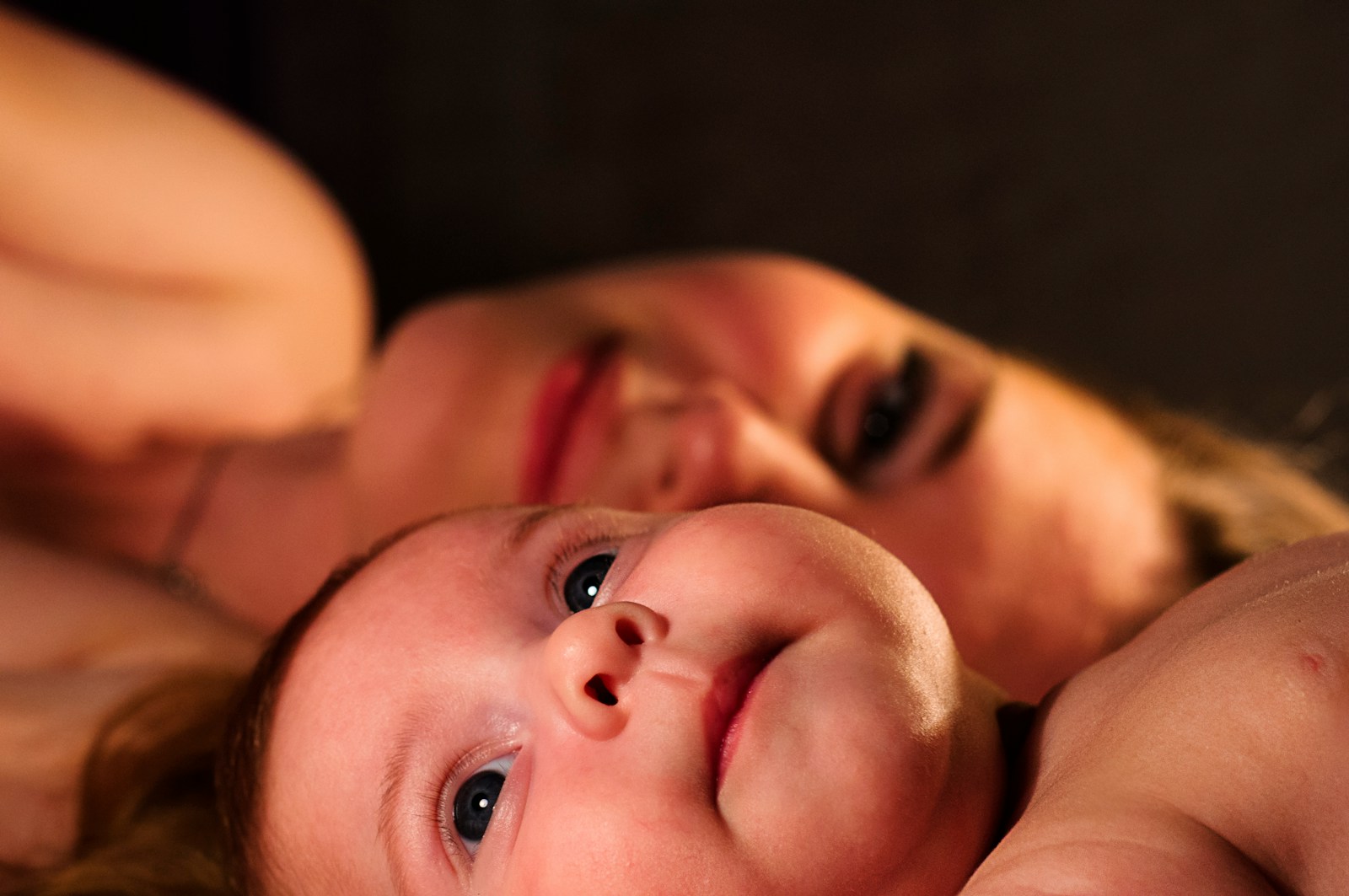Infertility is the inability to conceive after it can also be referred to having regular unprotected sex. It can also be referred to the biological inability of a male to contribute to conception or to a female is unable to carry the pregnancy to a full term.
Causes of infertility in women
- Ovulation problems can lead to infertility in women who experience these problems caused by hormonal reasons.
- The sperm and the egg cannot be contacted if there is damage to the Fallopian tubes. These tubes carry the eggs from the ovaries to the uterus. The damage can be a result of injuries, surgeries or infections.
- Flaws in the regulation of reproductive hormones lead to difficulty in becoming pregnant. Infertility can be caused by sedentary lifestyles, long working hours and stress in women.
- Risk Factors For Female Infertility include age, some sexually transmitted disease, overweight and too much of underweight.
Causes infertility in men
It must be noted that infertility is not only in women, men can also form a partner of it.Infertility in men is most often caused by–
Varicocele problem arises when the veins in the men’s testicles become large. This heats the testicles and affects the size of the sperms
Sometimes men have few sperm or no sperms at all.
The shape of the sperm may also obstruct the movement of the sperm. Some injuries on the reproductive system can block the sperms.
There are times when a man is born with some problems that affect the quality of the sperms. Some men start the problem late in life or after an injury or illness.
Symptoms of female infertility
Women with irregular menstrual cycle can face the problem of infertility. Abnormal menses with very light or very heavy bleeding may also be a symptom of infertility.
Painful periods accompanied by cramps and back or pelvic pain is also a sign of infertility. Other symptoms include changes in skin, hair loss, and weight gain, sudden desire for sex or growth of hair on lips, chin and chest.
Symptoms of male infertility
The main symptom of male infertility is the person’s inability to conceive a child. There are no apparent sigs. Sometimes there may be some problems like hormonal imbalance, dilated veins on the testicles, and some inherited disorder.
Male infertility symptoms may also include problems in sexual activity like difficulty in ejaculation, lack of sexual desire and difficulty in maintaining erection.
There may be pain or lumps may be visible on the testicle area. A person may suffer from recurrent infection of the respiratory system. Hormonal abnormality may lead to decrease of hair on face or body.
Treatments for male infertility
Surgery is performed to correct or repair the damaged vas deferens. This may also help in retrieving the sperms directly from the testicles.
Infections of the reproductive tract can be treated with antibiotics, but this does not always treat infertility.
Some medication or counselling helps in erectile dysfunction or premature ejaculation.
Hormonal treatments may be recommended when the cause of infertility is high or low levels of reproductive hormones.
Assisted reproductive technology (ART) is used for extraction of sperm from the donor and inserted into the female uterus.
Treatment of infertility in women
- Couples experiencing infertility must consult the physician as early as possible. The physician will try to trace the cause by recommending urine, blood, imaging or sonography.
- There are number of medicines to treat the infertility in women.
- Artificial insemination is done by injecting sperm into the uterus.
- In some cases the eggs of the women are removed and mixed with sperms to conceive and then placed back into the woman’s uterus. This known as Assisted Reproductive Technology (ART). ART is done in several ways. These include vitro fertilization, gamete transfer, zygote transfer and a special type of sperm injection.
- Infertility is also dealt with surrogacy in which the male partner’s sperm is used to fertilize another woman’s egg. She carries the pregnancy to full term and the baby is adopted on legal terms.
- There is a woman who has the embryo placed in her uterus and she carries the pregnancy to full term. And she gives the baby to the couple that produced the embryo. She is a gestational carrier of the baby





